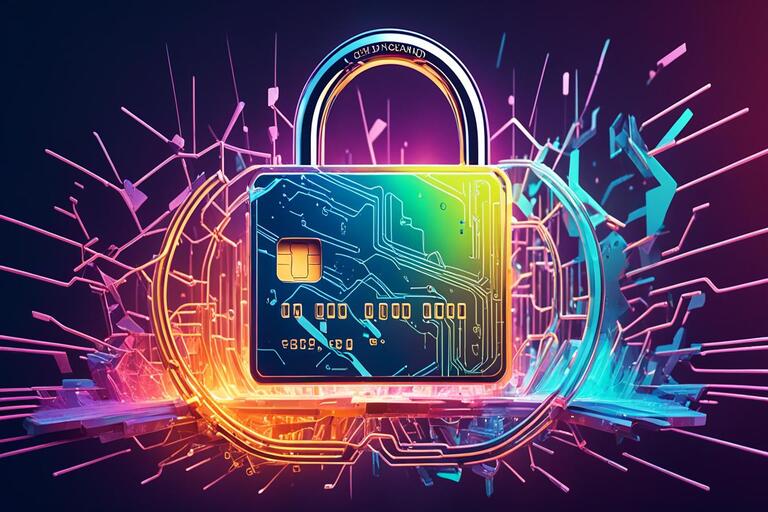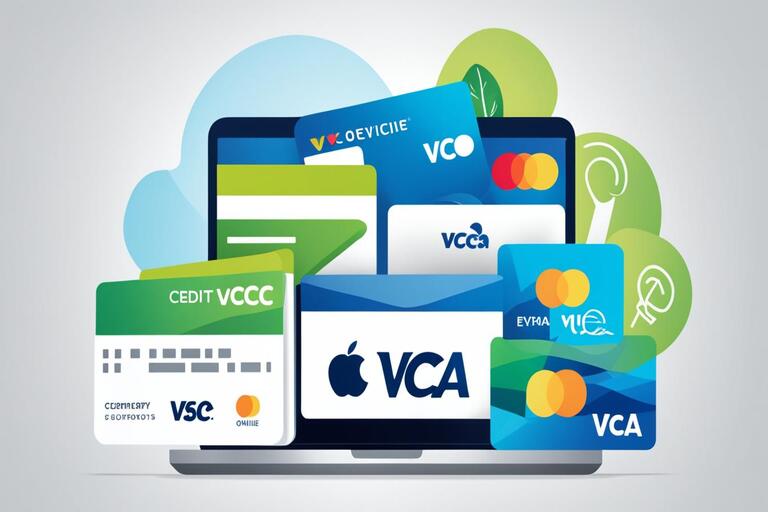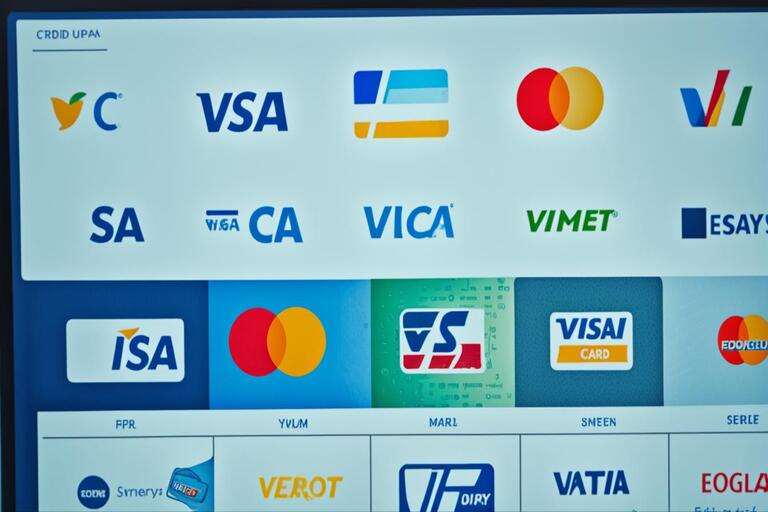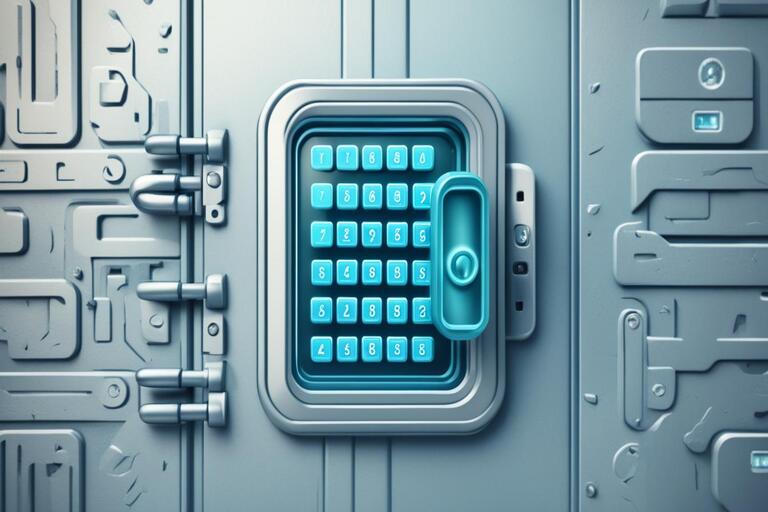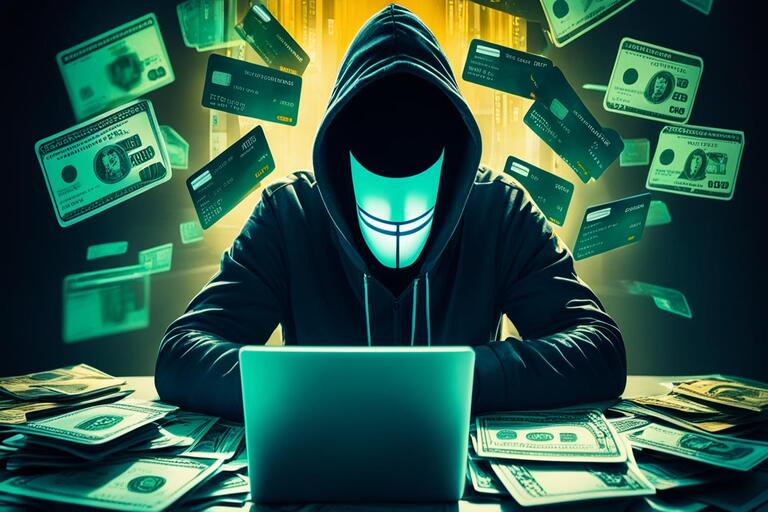
CVV Dumps Unpacked: Everything You Should Know Before Buying
Given that online payments evolve, you may feel baffled with CVV dumps and stores Fe Shop cc or Feshop ru in 2024. Still, understanding available issues, you should feel safe when ordering online till the end of time. So, this article will explain carding practices, essential words, and fraud prevention measures. In this way, you can stay updated on issues.
Key Points:
- Unveil carding practices back-and-forth from Fe shop cc;
- Reveal essential words of CVV dumps and ways to purchase CC online;
- Suppose fraud prevention ways end, including Address Verification Systems, IP geolocation, and two-factor authentication;
- Evaluate feshop ru and similar platforms advantages for safe online CC shopping;
- Apply cardholder and seller/business best practices to avoid carding.
CVV Dumps for Dummies: Uncovering Carding Practices and Key Terms with Fe shop
The online environment is fraught with carding. The practice is a method to order things online using third-party credit and debit card details. Then, Fe shop cc the bought products are circulated again. Fraudsters use hacking and tracing to obtain data. What are the phenomena?
What Is Carding?
Carding is an order made using third-party CC or DC details. Criminals reach such details via poor security or copying it. Then, they distribute access to “carders” for acquisition of high-cost products. How does it work?
All kinds of stupid cards details you can imagine, Fe Shop cc and other places. The buyer can view cardholder name, CVV and balance when they can, however, fraudsters like to use non-Verified by Visa cards (which have more liability protections).
Carding world itself has its risks such as fake card data and phishing scams. You have to scam well before buying it. The best way to avoid becoming a victim yourself is by thinking smart and always wanting to be sure.
Online carding is on the rise. Fe shop cc New Ways That Criminals Discover Those Credit Cards Everyone needs to know something about carding, how it works and protects them from fraud.
Carding Terminology Explained
Carding is the Key Terms of Financial fraud world. The word fullz is a slang term for "full information" among credit card world, so that's when Fe shop cc using two most crucial terms. These are important and can alert us to identity theft, fraud etc.
Fullz
Called "Fullz," it's all the complete info about a person. It can be as their real name; address and ID end up being gathered. This information is stolen by hackers and thieves in either, direct ways (hacks or phishing) or indirectly through everyone's favorite punch bag the dark web. They use it to reduce identity of a person. This results in opening new Fe shop cc accounts or making fake purchases (disregarding the real owner's money).
Credit Card Dump
This is a "credit card dump" and it's when somebody illegally zeroes in on all the details of your credit card that helps them do online transactions. They can achieve this by stealing the info of card or hacking he payment network. Then, they make fake cards. Truly “bad deal cloners” It allows the criminals to make fraudulent charges without a cardholder knowing.
If you understand them, they will help you to recognize scam tricks. This makes people and companies aware of fullz, as well with credit card dumps. They make sure prevent their clients of identity theft and financial frauds.
Conclusion: How to Prevent Carding attack
With the world of payment, credit card fraud is a considerable risk today. It goes after the individual and business. You will have to act in order that these attacks do not happen. Fix: You are the number one defense to keeping your money safe with Fe cc shop.
Tips for Cardholders
- To reduce your risk of card fraud follows these tips in use:
- Card skimmers are likely to be placed on ATMs and gas stations, so keep an eye out for them.
- So make sure to check your statements and credit reports for any suspicious charges.
- Report any unusual transactions you notice to your card company immediately.
- Use cards with chips if possible they are much more secure than those that use only magnetic strips.
- Do not provide your card details to anyone even if they seem genuine from your bank or any other place
What Fe shop cc In For Sellers and Businesses
- Customers and money have to be protected as well, so companies need ways to keep the latter but not annoy customers. Here's what they can do:
- Verify the billing address using an Address Verification System (AVS)
- For online transactions, always ask the card verification value (CVV) to check whether a real credit card being used or not.
- Deploy Multifactor Authentication (MFA) preferably for high-risk deals.
- Velocity checks to identify fraud on tracking of odd buying patterns
- Stay ahead of the latest security trends to out-maneuver hackers.
Card fraud is a risk, and working together in many different ways people and companies can reduce it. The short of it is, everyone just needs to be cautious and to think about tech more seriously…applying proper security. This fight is a team effort.
Conclusion
This guide has examined CVV dumps and carding well, at least I am giving you a peek into these complex topics. In 2024, we give you the tips and security precautions to keep paying online safely. So, you have learned carding and seen its types on LN CC Shop or Fe shop cc.
It is wise to leverage the cutting edge security tech on your online payments. That is how things like Address Verification and CVV help you protect your purchases. As well as Refuse to heed the warnings officially for credit card skimmers and where you do in sites like Fe shop cc emerge preserved information sent out or decreased fraud Presentation
With the online world taking so much more precedence in our daily lives, it has also become such an integral part of not only what we do but who we are too and being safety smart on-line angles us towards good mental health! References: Stay vigilant and follow the advice in this article to handle cvv dumps, carding prevention, online payment security safely going down the line.
